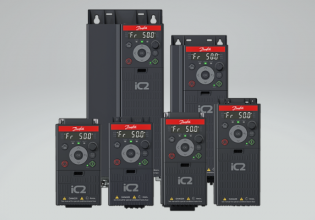T
Hi,
in our plant we have communicated many years Honeywell`s PlantScape system with our HP-UX based MES due to some Network APIs for UNIX not more supported by Honeywell.
Once we have upgraded from Plantscape to Experion and 32 bit HP-UX to 64 bit HP-UX machines (Itanium)these APIs are not valid for more time.
We are thinking about OPC (Experion has an OPC Server) to solve this problem, but we are not able to find a comercial OPC client for UNIX or for an intermediate LINUX "bridge" machine, since comms between LINUX and HP-UX is not a problem for us.
I mean:
EXPERION(OPC Server)->LINUX(OPC Client)->64 bit HP-UX (MES)
Has anybody any other idea to solve this problem? Does anybody know any OPC client for UNIX/LINUX?
thanks,
Torre
in our plant we have communicated many years Honeywell`s PlantScape system with our HP-UX based MES due to some Network APIs for UNIX not more supported by Honeywell.
Once we have upgraded from Plantscape to Experion and 32 bit HP-UX to 64 bit HP-UX machines (Itanium)these APIs are not valid for more time.
We are thinking about OPC (Experion has an OPC Server) to solve this problem, but we are not able to find a comercial OPC client for UNIX or for an intermediate LINUX "bridge" machine, since comms between LINUX and HP-UX is not a problem for us.
I mean:
EXPERION(OPC Server)->LINUX(OPC Client)->64 bit HP-UX (MES)
Has anybody any other idea to solve this problem? Does anybody know any OPC client for UNIX/LINUX?
thanks,
Torre






